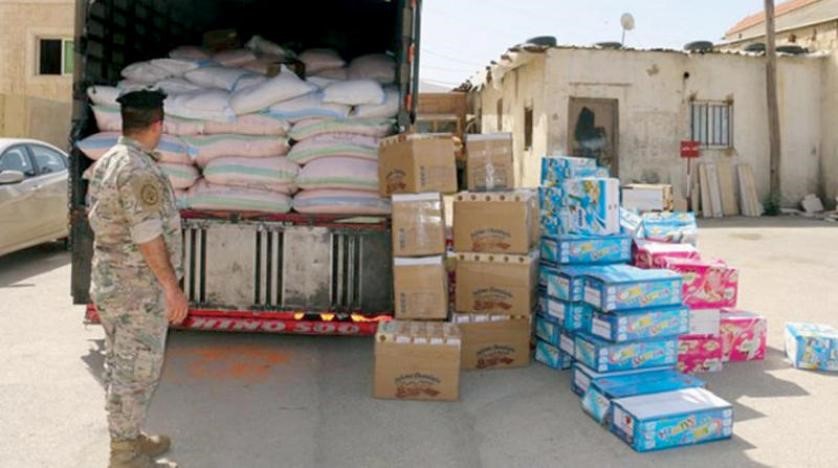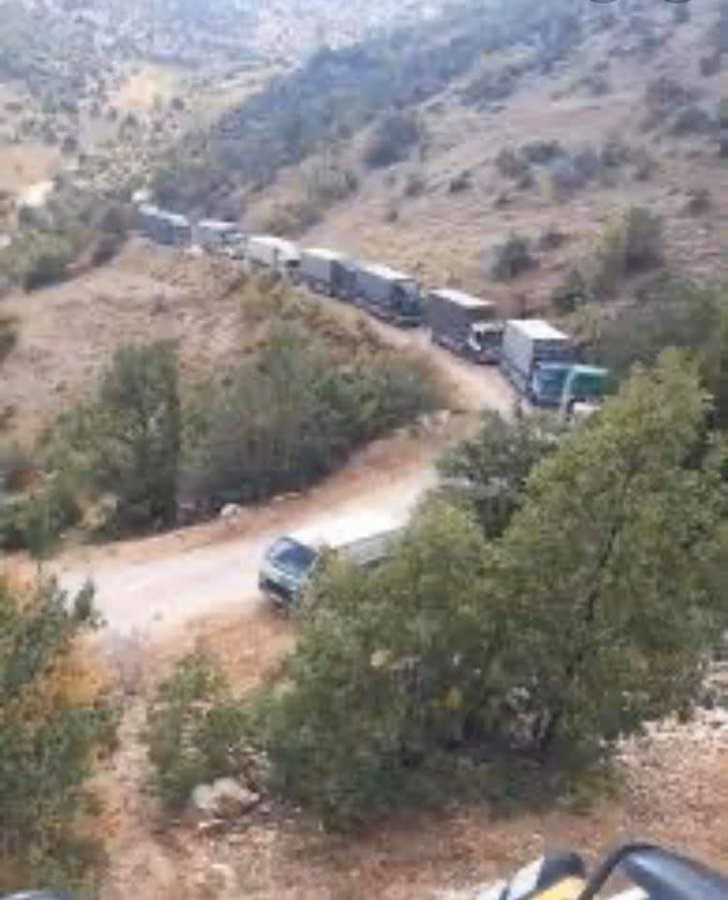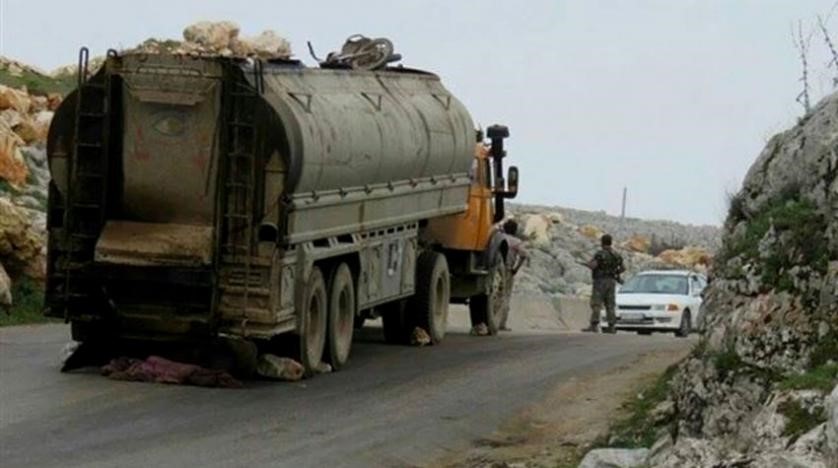In his May 13 speech, among other things, Nasrallah addressed the issue of smuggling on the border between Syria and Lebanon, highlighting several points:
- Smuggling exists; combating it requires cooperation between the two countries.
- The Lebanese army cannot prevent the smuggling.
- No UN force will be stationed at the border to prevent smuggling, as it would hurt the deterrent force protecting Lebanon, which would be considered an Israeli achievement.
- The border between the two countries must be opened for “free trade”, which will serve the economic interests of both countries.
In the article we published, analyzing his speech (see article here), we noted that Nasrallah expressed a double message: firstly, Hezbollah will not allow the Lebanese army to deploy at the border and prevent smuggling. Secondly, Hezbollah will also not allow stationing an international power to inspect the border.
In addition to the existing military interest of transferring quality weapons from Syria into Lebanon, Hezbollah’s opposition of placing various forces on the border also has an economic interest.
Over the past few weeks, we discovered numerous reports sighting trucks loaded with sacks of flour and diesel tankers making their way from Lebanon to Syria under Hezbollah fighters’ protection.

In a twitter account named Rawad chdid, a video shows trucks smuggling goods from Lebanon into Syria, the caption saying: “The Lebanese state subsidizes the purchase of oil for its people and Hezbollah, with its audacity smuggles it into Syria. Hassan Diab, you are guilty of providing political and security backing for the smuggling of oil. Interior Minister Mohammed Fahmi, you are guilty of turning a blind eye to the smuggling of diesel fuel into Syria.”
https://twitter.com/rawadschdid/status/
According to the May 19 “al Maghele” journal, losses are in the billions while the Lebanese government observes from the sidelines. According to published data, 2 million liters of subsidized diesel fuel are smuggled into Syria every day; Lebanon’s losses are at $400 million a year because of the smuggling.
The chairperson of the Lebanon Fuel Stations Association stated that it was already difficult to find diesel for purchase in the local market. In addition, tons of subsidized flour are smuggled into Syria and losses to the Lebanese state coffers are estimated at 85%. Banking sources estimate that Hezbollah’s smuggling industry between Syria and Lebanon caused a loss of over $20 billion over the past five years.
A convoy of trucks on a smuggling route between Lebanon and Syria. The photo taken in 2015 appears on a recent twitter page named “Hermon“. The title above the picture reads: “Smuggling diesel fuel, food products, weapons and human beings, and today flour. Where is the country? This is a black hole, oh the state and your Excellency (targeting the Lebanese government ministers).”

In an attempt to combat the smuggling, the Lebanese army has recently been trying to close the smuggling routes, with a focus on the Lebanese Beqaa area, which is a major smuggling area.
The Lebanese military’s efforts to prevent smuggling are contrary to Hezbollah’s interest, it was for this reason that Nasrallah made his implicit statement in his May 13 speech regarding the Lebanese army and the smuggling issue.
Hezbollah is not truly interested in cooperation between the countries to combat smuggling. On the one hand, Hezbollah’s economic interests dictate the need for an open, unregulated border that will allow free passage through the non-formal passageways between the two countries. On the other hand, Hezbollah wishes free trade in the formal crossings, through which legitimate trade between the two countries can pass.
The informal crossings will allow Hezbollah to continue its independent commodity smuggling industry it has been conducting for many years (among other things, the smuggling of large quantities of drugs are a major part of Hezbollah’s income). At the same time, opening and developing trade in the formal crossings will allow Hezbollah to benefit from a “protection tax” that will increase and bring more cash into its coffers. In effect, Hezbollah would benefit twice at the expense of the Lebanese state and its citizens stating: “free trade will serve the economic interests of both countries …”.






